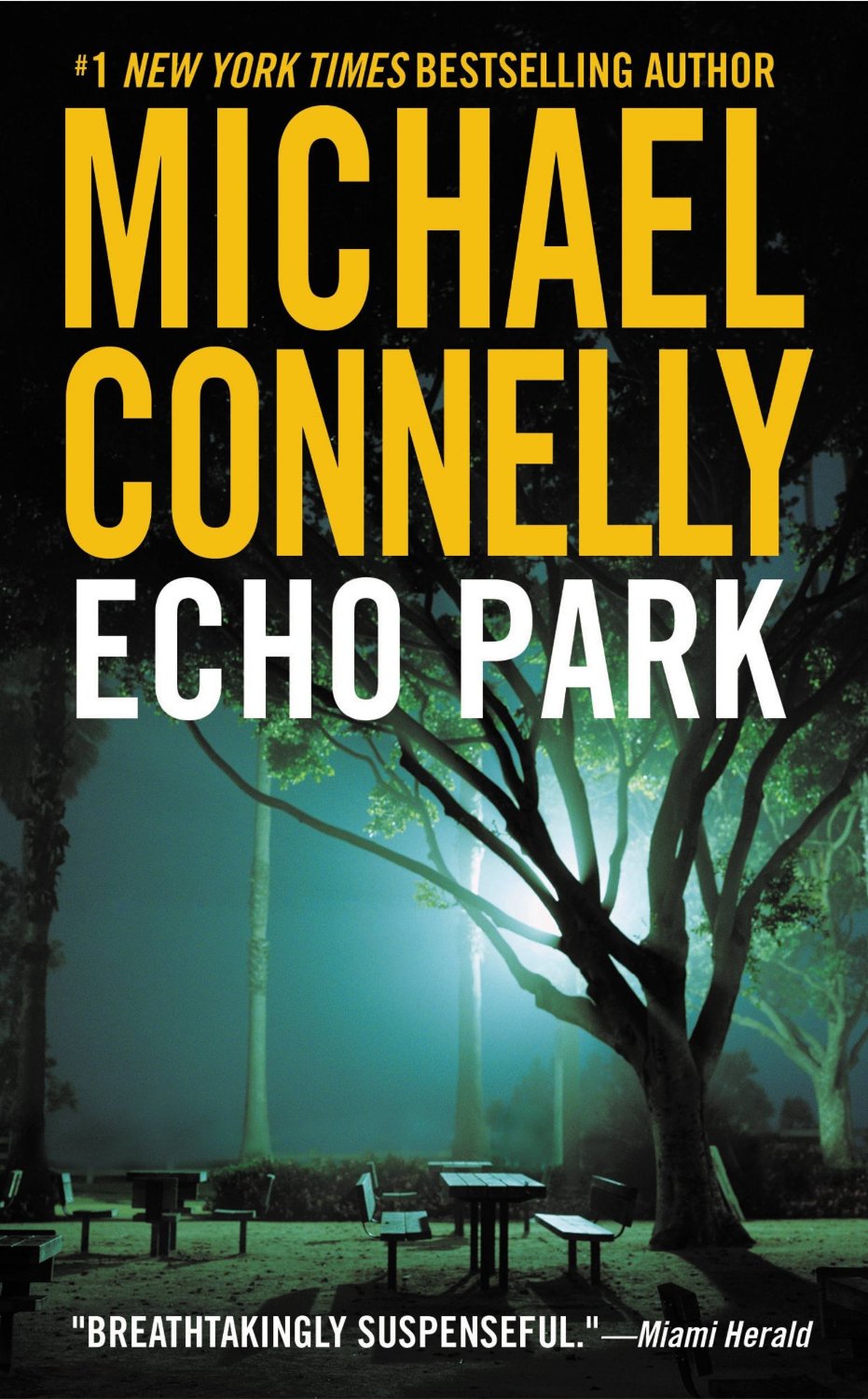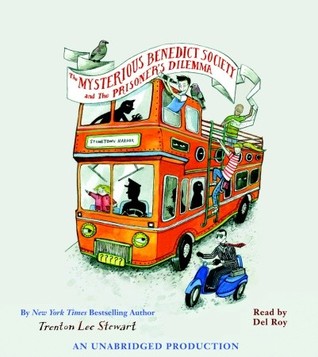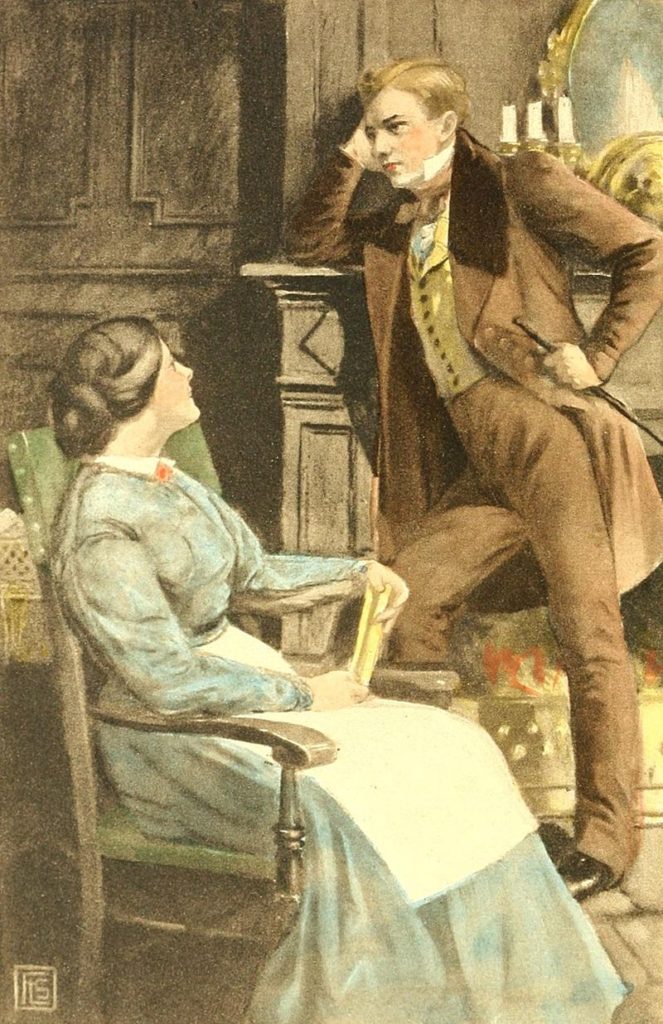You know what onomatopoeia is, right?

“She galumphed her way to the door in the too-big galoshes.”
The breeze through the trees created a susurration that enveloped him.”
It is using a word that sounds like the thing it describes.
But what about when it’s a name? Isn’t that another form of onomatopoeia?
Bathsheba Everdene (Thomas Hardy)
Paul Sweedlepipe (Charles Dickens)
Holly Golightly (Truman Capote)
The last three books I read brought home the stark contrast of naming conventions. Do we use the name to elucidate the character? Do we simply avoid troublesome names with associations attached, such as Bobbit and Weiner?
The first of the three books I mentioned is The Mysterious Benedict Society and the Prisoner’s Dilemma, a middle-grade mystery series about a group of special children working to stop a madman taking over the world. Here are some names:
Reynard Muldoon
Constance Contraire
Ledroptha Curtain
S. Q. Pedalian
Now those are really playful, right? Reynard for fox–he’s the intuitive problem-solver; Constance is the bratty but brilliant toddler; Ledroptha is the evil twin supervillain wanting to rule the world from behind a curtain of superherohood; and S. Q. is the boy who’s been brainwashed into slow-wittedness and couldn’t hope to string any long words together without laying down.
Then I read Middlemarch, a classic of the Victorian period, but more importantly, portraying the time period which I am focusing on for my current book, William IV’s time.
There are similar cues in George Eliot’s character names, but they are more subtle, perhaps because modern readers don’t have the same immediate associations with words and sounds as the Victorians did.
Humphrey and Eleanor Cadwallader
Camden Farebrother
Nicholas Bulstrode
Cadwalladers are a well-to-do branch of the clergy; they look down on their neighbors. Farebrother is a more tolerant twig of the same tree, and he has an unusually pleasant manner that endears him to many. Bulstrode is the man who holds such strict moral standards that even he cannot hold up under them, after he has been judging everyone else.

Then, since one needs a break from a slow-burning tome like Middlemarch, I read Echo Park, a crime thriller from Michael Connelly. His character names fell a bit flat after the other two.
Harry Bosch
Rachel Walling
Except for the villain: Raynard Waits! There, Connelly made it a crucial part of the plot, as *SPOILER* it was a carefully crafted false identity, which led the detective ultimately to discover his past.
Reynard, Raynard, and Renard: Foxes for the win!
What is your favorite character name from literature, whether appropriate or ridiculous?
Images via Buzzle, Goodreads, Wikipedia, and Michael Connelly Book List



